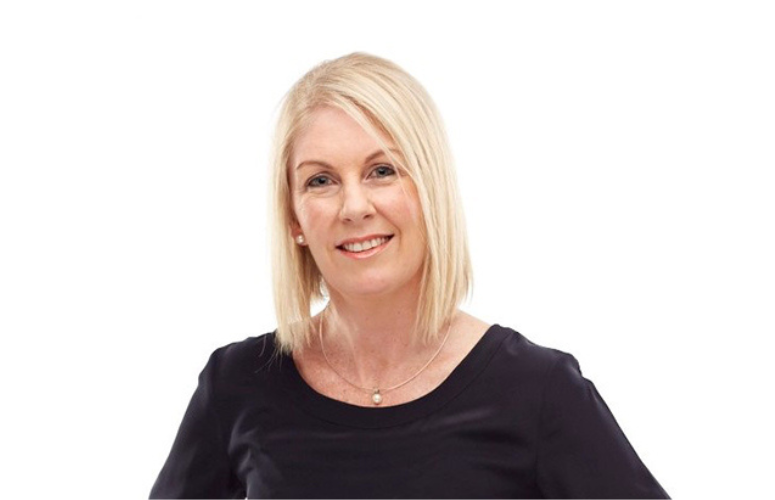How do the recent Medicare changes help? Not everyone gets to experience equal and affordable access to hearing care. Fortunately, policies are shifting to help audiologists tackle these inequities. As of today, 1 March 2023, there are fundamental changes to the Medicare Benefits Schedule, which governs which healthcare services are rebated by the Government’s Medicare insurance scheme.
Providers joining forces to improve people’s lives
Highlighting inequities to hearing health access and further integrating ear and hearing care within primary healthcare are important initiatives of World Hearing Day 2023, with its theme ‘Ear and hearing care for all! Let’s make it a reality’.
Nina Quinn, an Audiology Australia Accredited Audiologist and the CEO of Neurosensory, one of Australia’s largest multistate, comprehensive hearing care providers, headquartered in Brisbane, says the Medicare changes will naturally encourage other healthcare providers to work more closely with audiologists, leading to better patient outcomes.

